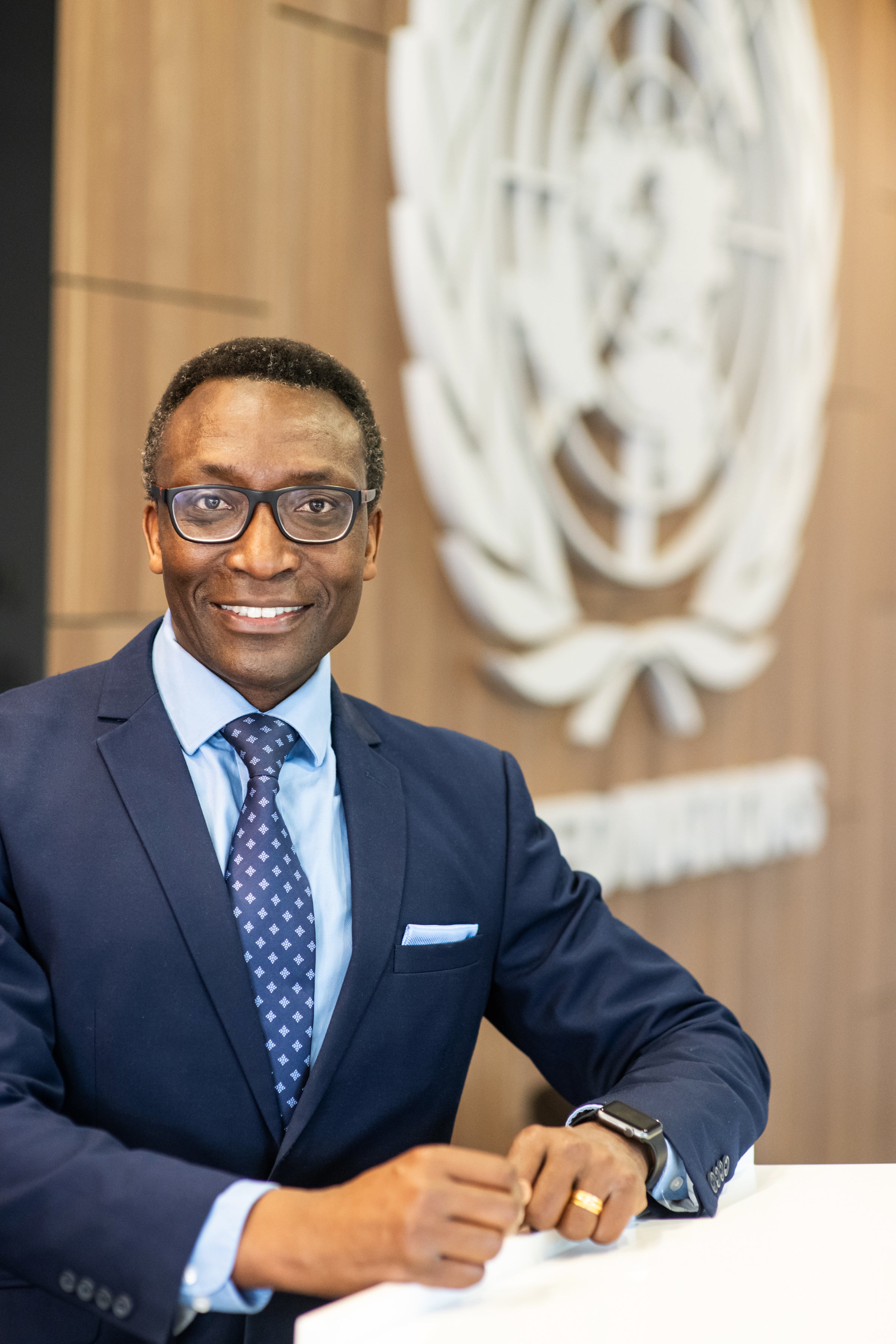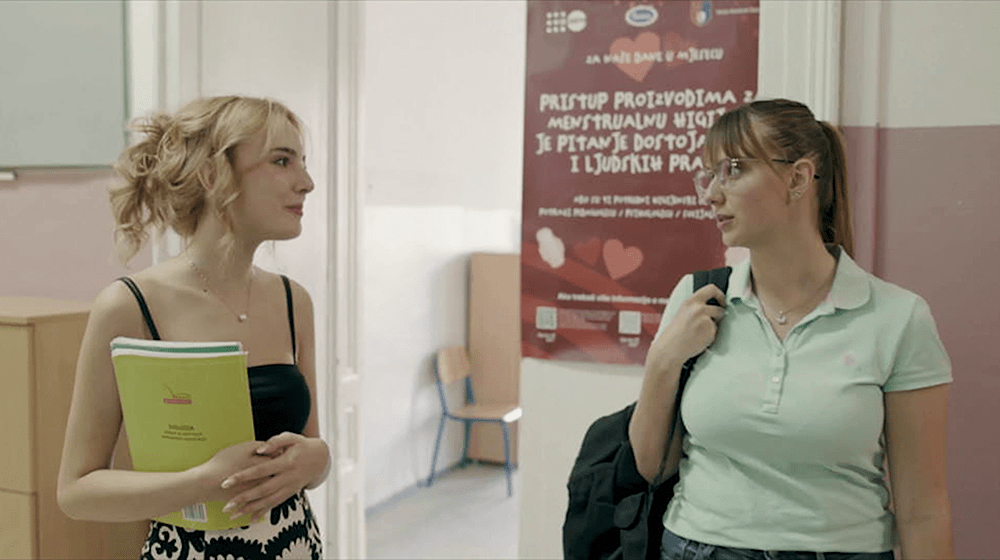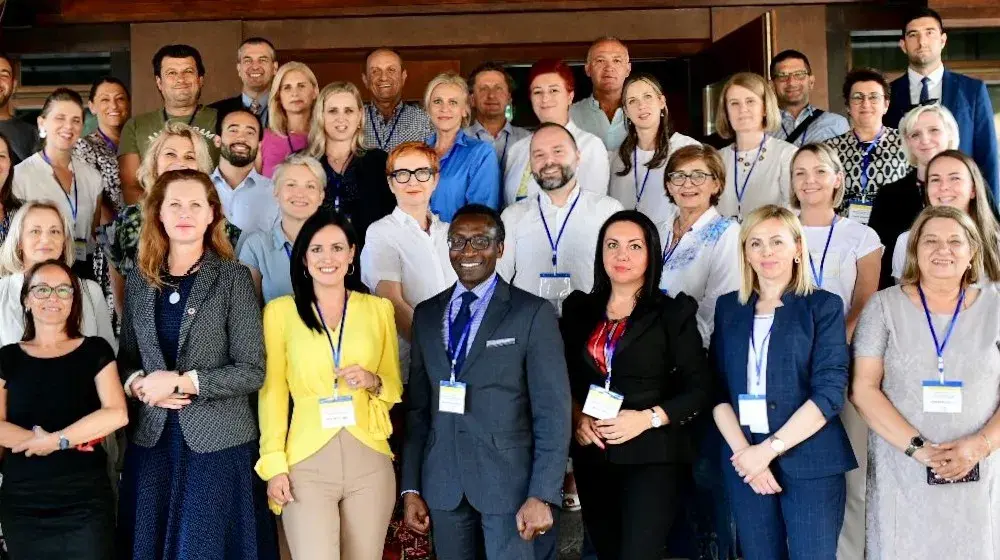Menstruation is a natural part of life, yet it is often surrounded by stigma, neglect and discrimination, especially in relation to gender inequality, extreme poverty, humanitarian crises and harmful traditions.
Menstruation is intrinsically linked to human rights and dignity. If people cannot access bathing facilities safely - or do not have effective means of managing their menstrual hygiene - then this can infringe on their rights to health, water, sanitation, education, work and gender equality.

There are three considerations that are necessary to manage menstruation with dignity. Firstly, safe and clean menstrual products. Secondly, it is essential to ensure that privacy and proper facilities are available to hygienically change and dispose of menstrual products. Lastly, reliable information on how to manage menstruation, and related health issues, without discomfort or fear, must be provided.
When people cannot access these basic standards to manage their menstruation, they might revert to unhealthy solutions or withdraw from social interactions during menstruation.
'Period poverty' describes this struggle that many women, girls and their families face while trying to afford menstrual products, underwear, painkillers and medication for menstrual disorders. Period poverty not only affects women and girls in developing countries, but also affects those in wealthy, industrialized countries.
According to estimates, women spend 6.2 years of their lifetime menstruating. World Bank data shows that period poverty affects approximately 500 million people worldwide, and we can safely assume that Bosnia and Herzegovina is not exempt from this.
Younger people might feel the impact of period poverty more strongly as they tend to have lower purchasing power, a higher dependency ratio and greater apprehension towards stigma and discrimination. This often results in younger people missing school or social activities during their menstruation days.
For these reasons, UNFPA Bosnia and Herzegovina is glad to partner with the Government of Sarajevo Canton, Violeta d.o.o. a long term partner of UNFPA in empowering girls and women in BiH and who will cover with sanitary pads the first month– as well as and other private companies through the “Za naše dane u mjesecu” campaign. Starting in September 2022, this campaign will provide free sanitary pads and reliable information to fight menstrual stigma in all public high schools in the canton, with the hope and intention of expanding the programme throughout Bosnia and Herzegovina in the near future.
UNFPA is the United Nations sexual and reproductive health agency and our mission is to deliver a world where every pregnancy is wanted, every childbirth is safe and every young person's potential is fulfilled and this cannot happen until menstrual health and human rights are safeguarded and guaranteed.
John Kennedy Mosoti is the Representative of UNFPA in Bosnia and Herzegovina.




